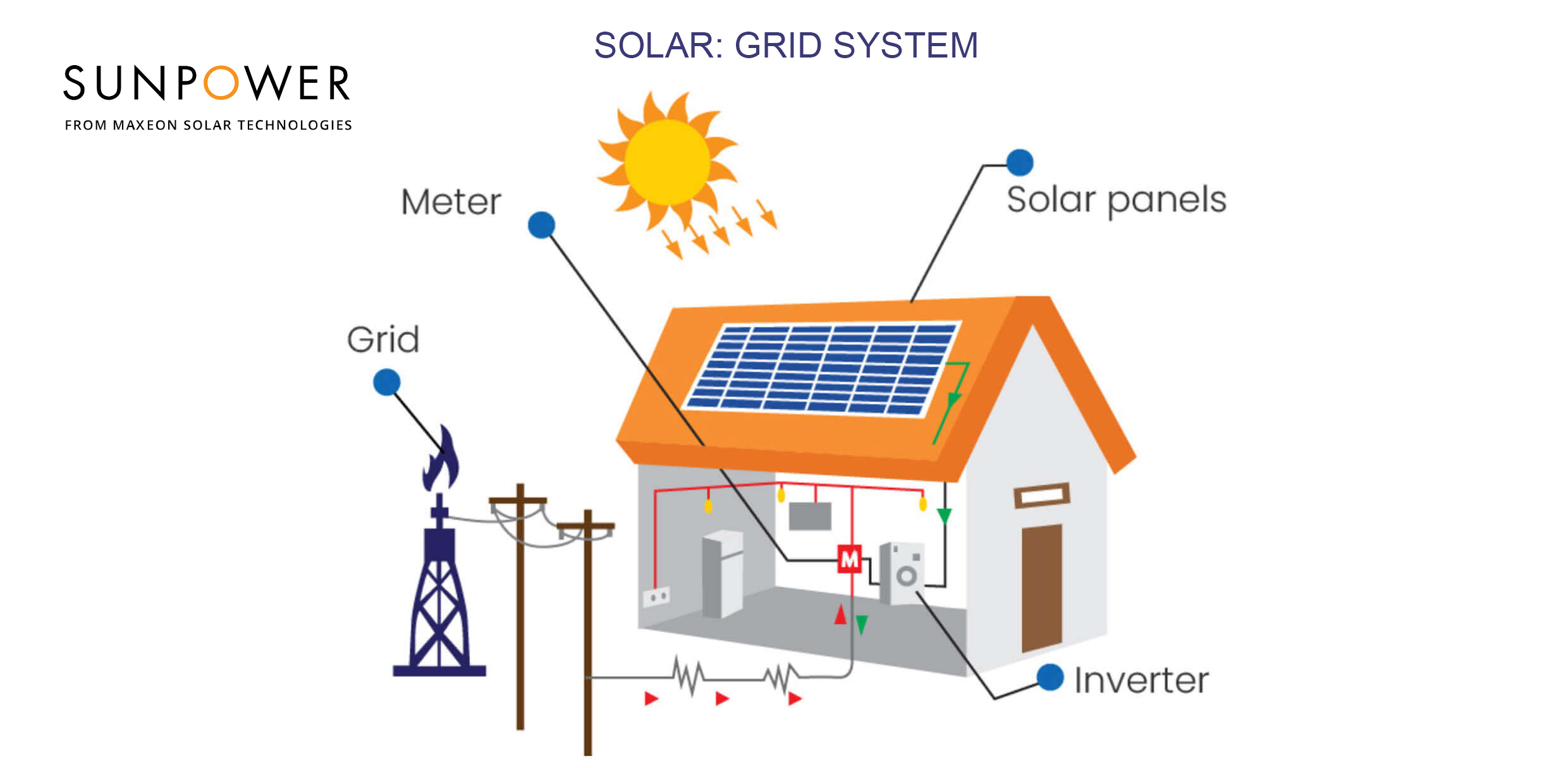

Empowering future with solar energy.
Pioneers in the world of Solar and Renewable Energy
Why Solar
Solar power -
Unlimited source of energy
Renewable
Solar panels produce electricity by transforming the continuous flow of energy from the sun to electricity.
CO₂-free
No harmful emissions are released into the air when electricity is produced by solar panels.
Low operating costs
The photovoltaic process that transforms sunlight into electricity doesn’t require any fuel and has no variable costs.

The sun is a natural source of energy that can be harnessed through solar photovoltaic technology (solar panels) to produce solar power. This renewable energy source is clean and sustainable, while the generation process itself is pollution-free. Advantages of solar power are:
- - It is cheaper than grid power and saves electricity cost
- - Requires minimum maintenance
- - It offers high Return on Investment
- - Increases property value
The biggest benefit of installing solar panels is that in the long run, it will help you save on electricity costs and reduce your carbon footprint. As solar panels are most effective during daylight hours, most tasks that use up a major chunk of electricity should be done during the day. A solar battery or energy storage system will allow storage of energy generated during the day to be used at night as well.
How do solar panels work?
At the heart of solar power is photovoltaic (PV) technology which converts the sun’s energy into electricity. By placing solar PV modules based on this technology on, for example, the rooftop of a residential or commercial building, electricity can be generated as long as the sun is shining overhead. But this electrical energy is in the form of Direct Current (DC) electricity which needs to be converted into Alternating Current (AC) electricity of the type that is used to run household appliances, office equipment, and so on. By passing DC electricity through an inverter, the resulting production of AC electricity can be channelled to power loads in homes and offices. Surplus output can also be exported back into the grid.

- - Solar Panels: Converts Sunlight to DC Electricity
- - Inverter: Converts DC Electricity to useable AC Electricity
- - Bi Directional Meter: Measures how much power is consumed and excess power is fed to the Grid.
- - Conventional Grid: Supplies Electricity to the house
